On October 23, information from the Ho Chi Minh City Department of Health said that as of 4 p.m. on October 22, there were a total of 20 monkeypox cases being treated at the Hospital for Tropical Diseases. Of these, 18 cases were diagnosed with B20 (infectious disease caused by HIV virus), including 17 males and 1 female. Currently, there are 2 cases with severe clinical progression.
Specialist Doctor 2 Vu Thi Phuong Thao, Head of General Planning Department, Ho Chi Minh City Dermatology Hospital, said that monkeypox is transmitted from person to person through close contact with people with symptoms, direct skin-to-skin contact, close face-to-face contact, touching surfaces at risk of infection such as blankets, pillows, bed sheets, towels...
Dr. Thao recommends protecting yourself from monkeypox by avoiding close contact with people who have symptoms of the disease, avoiding direct skin-to-skin, face-to-face, or mouth-to-skin contact. Regularly cleaning hands, objects, surfaces, blankets, bedding, towels, and clothing.
"If you come into contact with surfaces that are unknown to have the risk of being infected with droplets or secretions from people with monkeypox, you should thoroughly clean and disinfect your hands," Dr. Thao recommends.
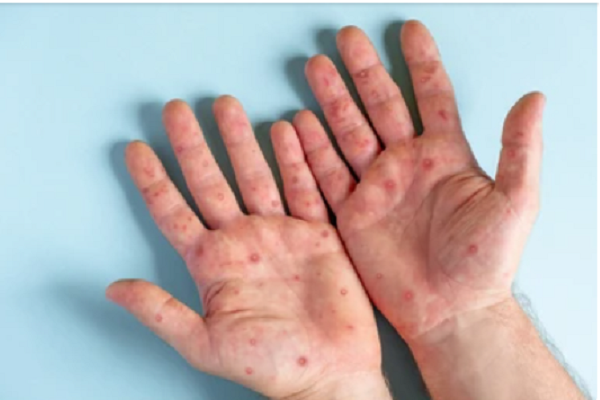
The rash on the hands of a person with monkeypox
According to the Ho Chi Minh City Department of Health, a case is considered suspected of monkeypox when there is an acute rash in the form of vesicles or pustules that cannot be explained by other common rashes (chickenpox, measles, bacterial skin infections, gonorrhea, syphilis, etc.). And there is one of many symptoms such as headache, fever above 38.5 degrees Celsius, swollen lymph nodes; muscle pain, back pain, body aches; fatigue.
And have one of the following epidemiological factors: Within 21 days before the onset of symptoms, there was contact with a confirmed or suspected patient, through direct skin contact or skin lesions (including sexual intercourse), or contact with contaminated objects such as clothes, bedding, or personal belongings of the patient. Within 21 days before the onset of symptoms, there was sexual intercourse with multiple partners.
The Department of Health recommends that cases with the above signs and epidemiological factors should go to a medical facility for examination.
How to prevent monkeypox
- According to the Ho Chi Minh City Center for Disease Control (HCDC), to proactively prevent monkeypox, people should proactively take the following disease prevention measures:
- Wash your hands frequently with soap and water or hand sanitizer.
- People with symptoms of acute rash of unknown cause accompanied by one or more suspicious symptoms should proactively contact a medical facility for timely monitoring and consultation. At the same time, they should proactively self-isolate and avoid sexual intercourse.
- Avoid close contact with people with monkeypox, avoid direct contact with wounds, body fluids, droplets and objects and utensils contaminated with the pathogen.
- In case there is someone at home or work who is infected or suspected of being infected, it is necessary to notify the medical facility for timely advice and treatment, do not self-treat.
- People traveling to countries where monkeypox is endemic (Central and West Africa) should avoid contact with mammals (dead or alive) such as rodents, marsupials, and primates that may contain monkeypox virus. When returning to Vietnam, they should proactively report to local health authorities for advice.
Source link



![[Photo] Closing ceremony of the 18th Congress of Hanoi Party Committee](https://vphoto.vietnam.vn/thumb/1200x675/vietnam/resource/IMAGE/2025/10/17/1760704850107_ndo_br_1-jpg.webp)




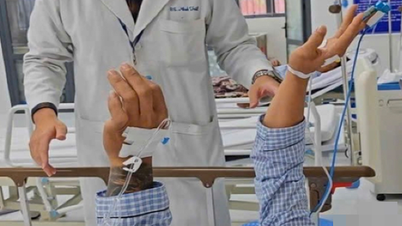

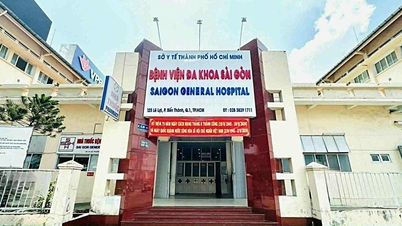

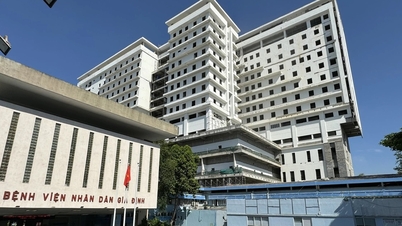
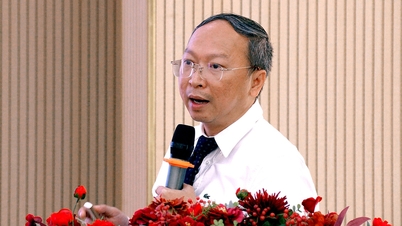


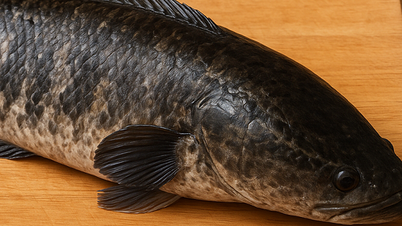


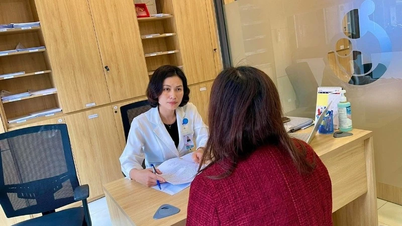

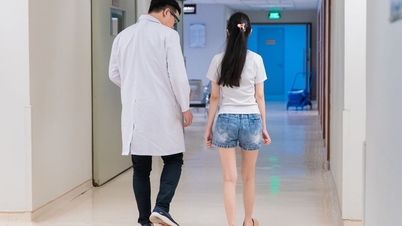
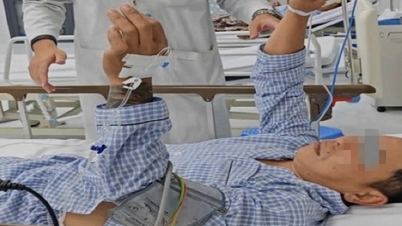









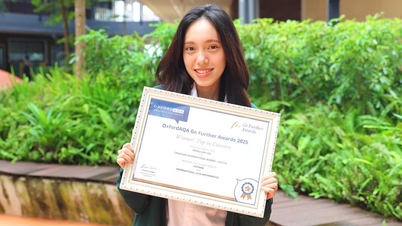
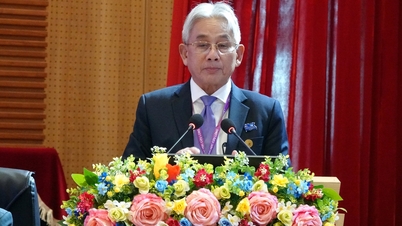
![[Photo] Nhan Dan Newspaper launches “Fatherland in the Heart: The Concert Film”](https://vphoto.vietnam.vn/thumb/1200x675/vietnam/resource/IMAGE/2025/10/16/1760622132545_thiet-ke-chua-co-ten-36-png.webp)





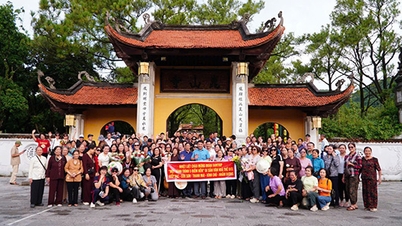


















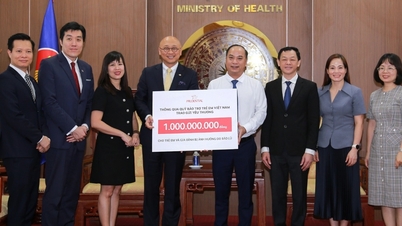

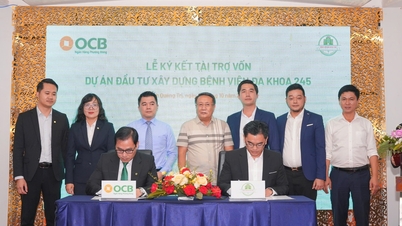












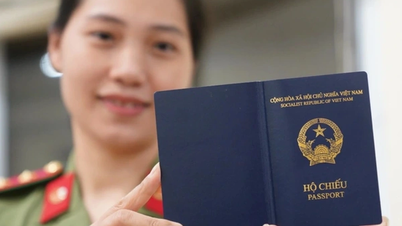
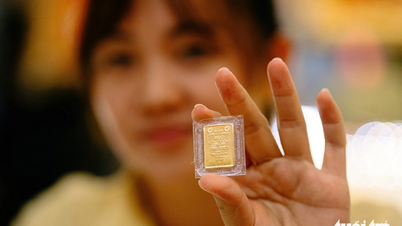




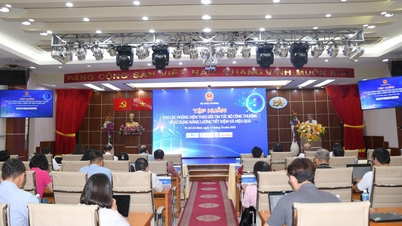

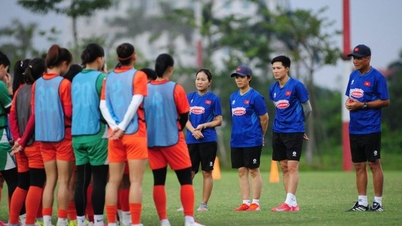

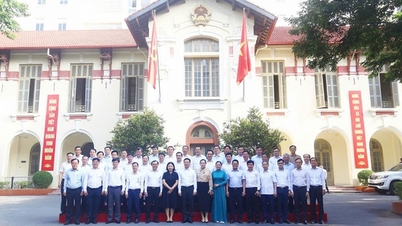







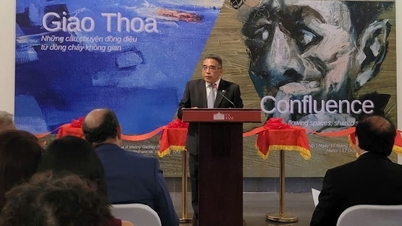



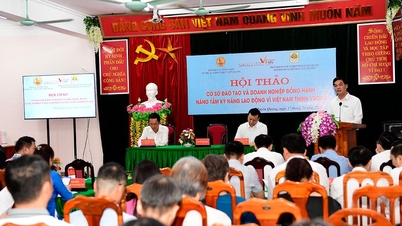











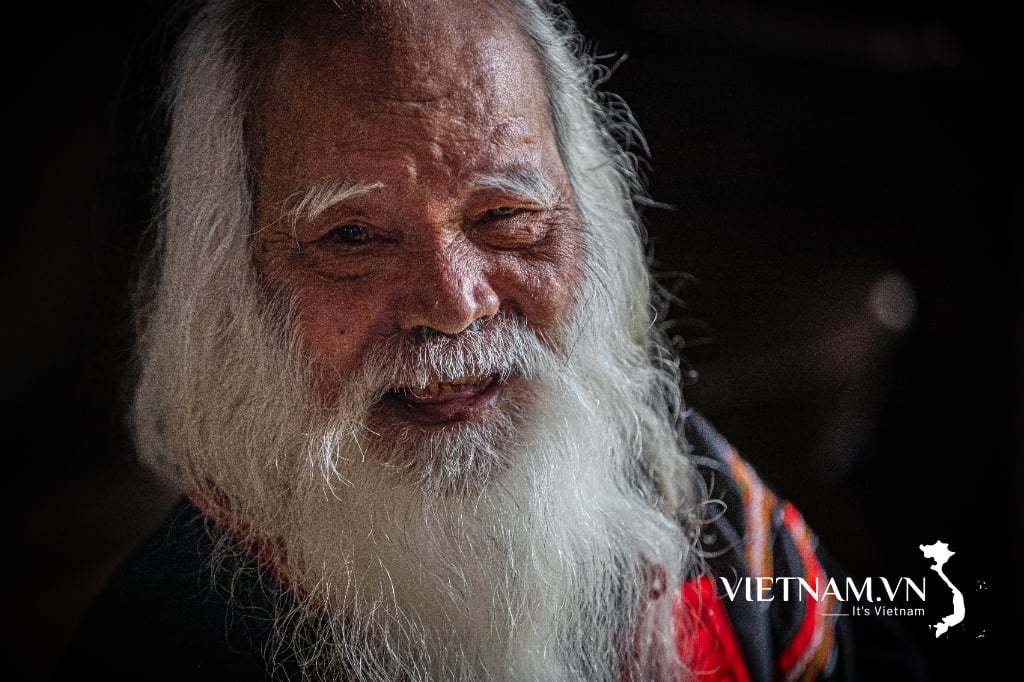

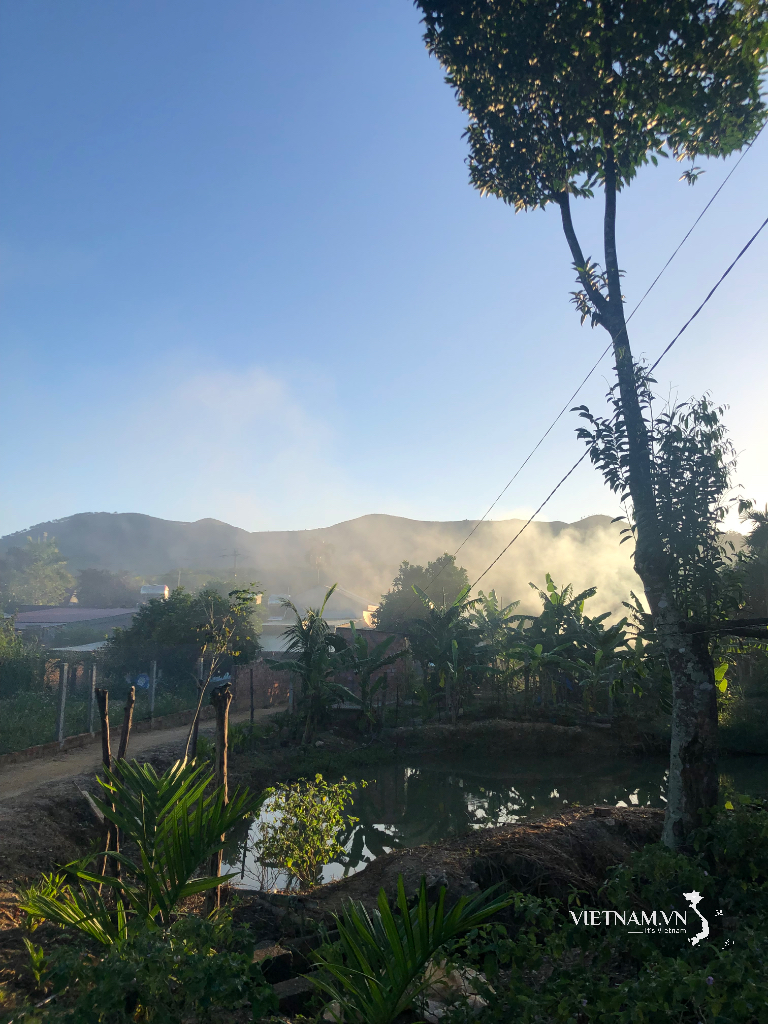

Comment (0)